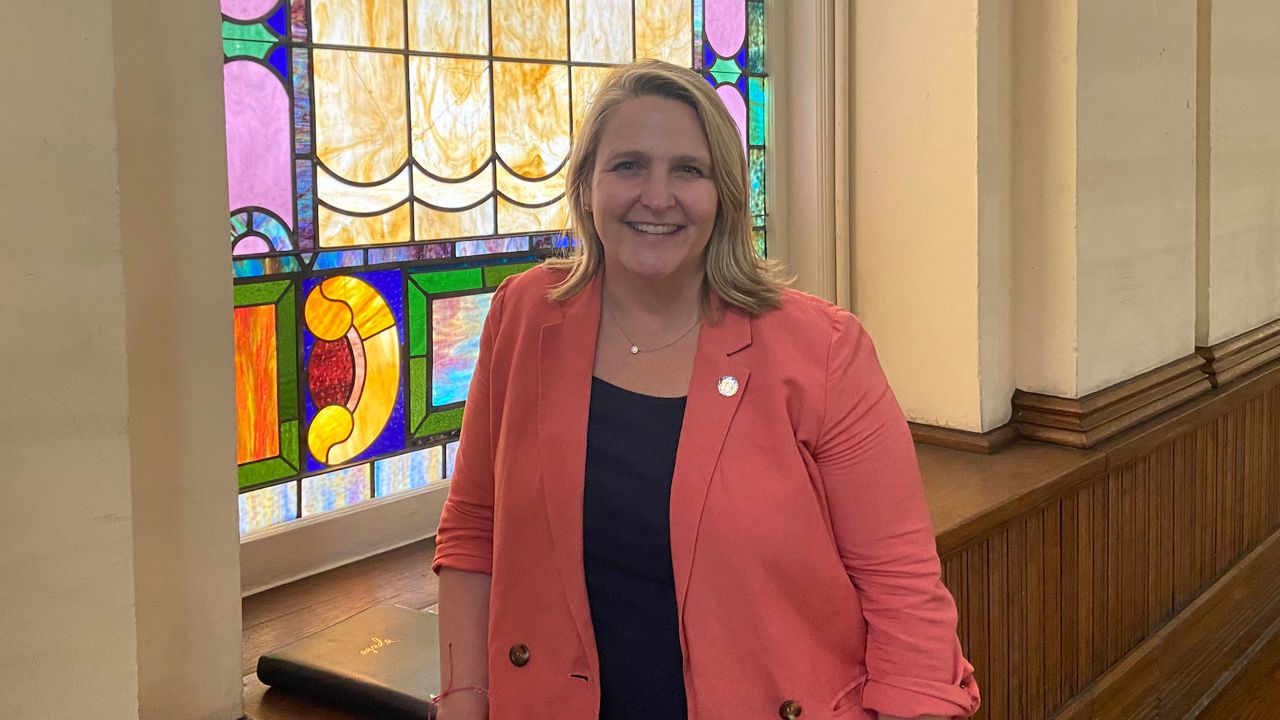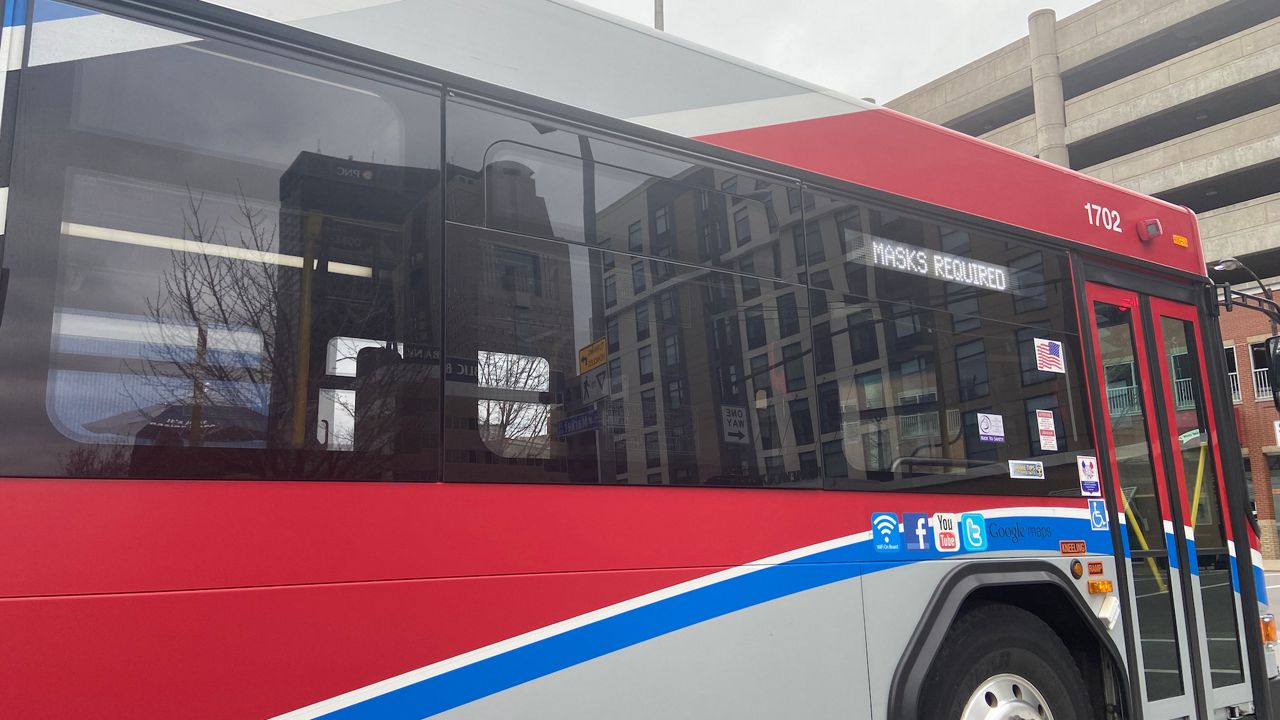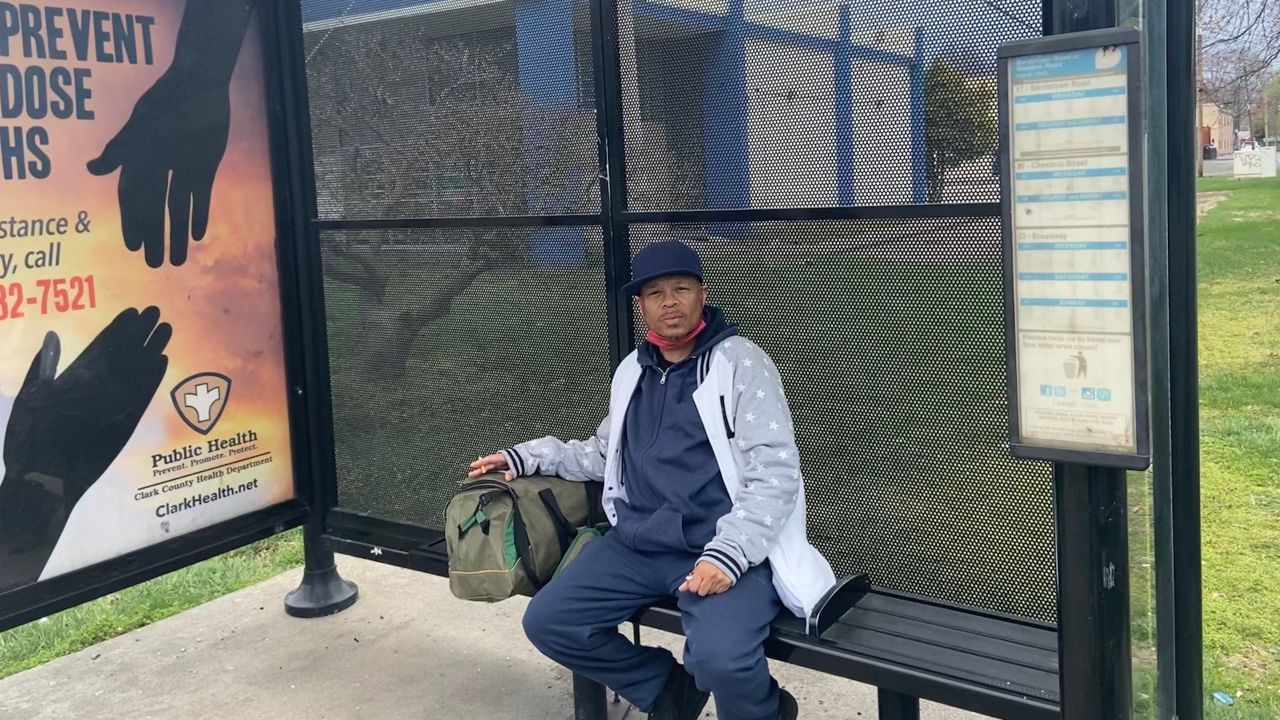LOUISVILLE, Ky. — Most days, when Ron McKinney rides TARC from his home in Newburg to the YMCA on Second and Chestnut Street, he uses a bus card that he's gotten for free.
At 57, he’s become an expert at finding local organizations that distribute MyTARC cards to those who have trouble affording TARC's $1.75-per-ride cash fare.
“But the cards don’t last forever,” McKinney said from the bench of a TARC stop on Bardstown Road. “When the cards run out, you have to pay.”
There’s a growing push both nationally and locally to change that. Earlier this month, several mayoral candidates told Spectrum News 1 that they support eliminating fares on Louisville’s public bus system, and during TARC's Board of Directors meeting on March 22, officials revealed that they've studied the idea themselves.
Days later, in an interview with Spectrum News 1, TARC Executive Director Carrie Butler said she is on board with the idea of eliminating fares, but that it's not practical to do so now.

“I support fare-free, but I have to support it for the long haul,” she said. “And we don't have the luxury right now, at this moment in time, to fund it.” She added, “We have to figure out how to pay for it so we can sustain it.”
In the past several years, cities around the country have experimented with fare-free models of public transit. In some places, such as Kansas City, fares were eliminated on the entire transit systems. Other cities, such as Boston, moved to a fare-free model on select bus lines.
In many cases, the change was spurred by the pandemic, which led some transit services to eliminate fares in order to eliminate contact between drivers and passengers. As COVID has lifted and normalcy returned, some transit services are not bringing fares back.
This marks a major change for the industry, Butler said. “Five, six, seven years ago there was very much a push to raise fares to raise revenue,” she said. The momentum to eliminate fares “just completely turned the whole trajectory of how transit agencies have thought about fares on its head.”
TARC has offered fare-free days in the past to encourage COVID-19 vaccinations and voting. Recently, the agency studied what it would take to move to an entirely fare-free model.
Randy Frantz, TARC’s assistant executive director, presented the data at a Board of Directors meeting earlier this month.
Over the past three years, he said, TARC has averaged $8.9 million in farebox revenue, which is less than 10% of TARC's total revenue. It cost an average of $1.6 million to collect those fares.
“From here, the math is pretty simple,” Frantz said. “Going fare-free without extra revenue would generate a $7.3 million revenue gap for TARC.”
All the other transit services that have eliminated fares received help to the losses of going fare free, he said.
Butler returned to that point in an interview. “The places that have gone fare free for an extended amount of time, where it wasn't just a route or it wasn't just during COVID, have had support from either their local or state government," she said.

Advocates for eliminating fares argue it will increase ridership and, with it, community investment in the health and vitality of the public transit system. But Butler said if increased ridership is the goal, there are better ways to achieve that.
“I think for us to get more riders on TARC, it's not about the fare, it's about the service and it's about the timeliness,” she said. She pointed to increasing the number of buses on the streets so riders aren’t waiting as long to get picked up. She also said there are strategies for prioritizing bus traffic so that people taking TARC can get “where they need to go faster, or at least at the same time as their car.”
The Dixie Rapid line, which began operating in 2020, provides a good model for what Butler would like to see. Buses on the line are designed to move through traffic more efficiently by coordinating with traffic lights, extending some green lights and shortening some red lights to keep the bus on time.
She said expanding that model throughout the city — perhaps to Broadway or Shelbyville Road — would be a good next step. But the “gold standard,” she said, would be dedicating traffic lanes to buses.
McKinney would welcome the faster, more reliable service those changes would create, but for him, the bigger concern is covering the fares for his daily TARC rides. If those fares were gone, he said, his life would be “a heck of a lot easier.”



